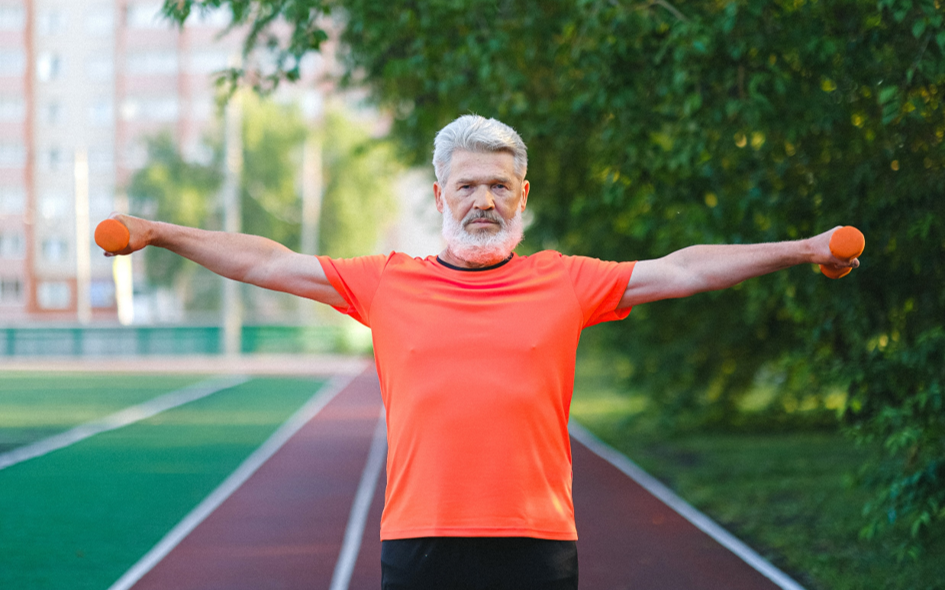Muscle mass is decreasing! After age 30, the human body will lose approximately 0.5% to 1% of its muscle mass every year. Sarcopenia affects the quality of life in old age and is also one factor leading to disability.

Seattle, WA (Merxwire) – According to statistics, after the age of 30, the human body will lose about 0.5% to 1% of muscle mass every year; after the age of 40, it will lose about 8% of muscle mass every 10 years; after the age of 70, it will lose about 15% of muscle mass every 10 years. Sarcopenia is closely related to many health problems, such as falls, disability, hospitalization, long-term care, etc. When people’s muscles become less and are inconvenient to move, their body functions will also degenerate faster.
People’s understanding of the elderly includes “frequently falling,” “easy to fracture,” and “inconvenient movement.” Most people think these are symptoms of osteoporosis. It must be a loss of calcium, so the elderly’s movements become slow. In fact, “Sarcopenia” is also a major cause of slow movement. When muscles are reduced, the elderly will lack muscle endurance and support, become prone to falls, and may increase the risk of disability.
Sarcopenia is not an older adult’s patent! Low muscle mass, low muscle strength, and low physical performance are all related symptoms of sarcopenia. Modern people have unbalanced nutrition, lack of exercise, and sedentary sitting, which may lead to “sarcopenic obesity.” This is a disease in which muscle deficiency and obesity exist at the same time. Even if the appearance does not look fat, but with too little muscle and too much body fat, it is easy to lose balance when exerting force, and it puts a lot of pressure on joints, making walking and climbing stairs more difficult.

How to detect sarcopenia? You can use a ruler to measure calf circumference. When men over the age of 50 have a calf circumference of less than 34 cm and a female calf circumference of less than 32 cm, they may be a high-risk group in sarcopenia. You can also set up a six-meter walkway; If the walking speed is less than 0.8 meters per second, you must pay special attention.
How to stay away from sarcopenia? Maintain balanced nutrition and exercise! The key is to supplement high-quality protein, such as milk, eggs, lean meat, and soy products in terms of diet. In terms of exercise, you can’t just walk; you must do resistance training with sufficient intensity, such as elastic band exercises, lifting dumbbells, or walking in the swimming pool. These are all good training methods.
According to a study by the University of Washington, humans may live 130 years old before the end of this century. As human life is getting longer and longer, how do we deal with diseases and health problems caused by aging? A balanced diet, regular exercise, good lifestyle habits, and remember to go for health check-ups are all essential for healthy aging. By incorporating these practices into our daily lives, we can optimize our physical and mental well-being, prevent age-related diseases, and enjoy a higher quality of life as we age.












